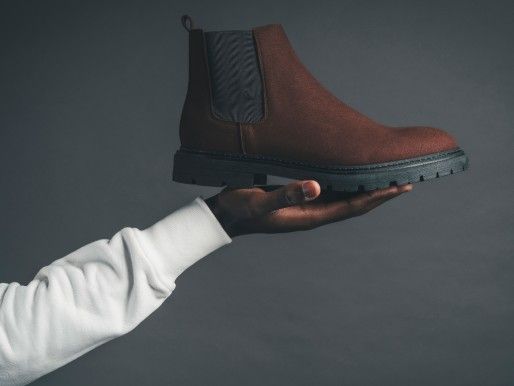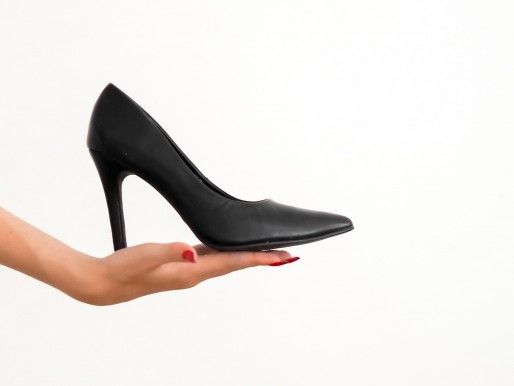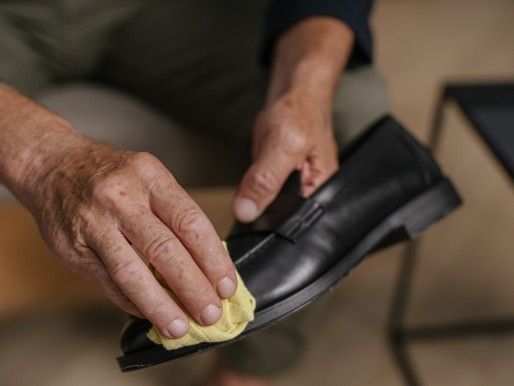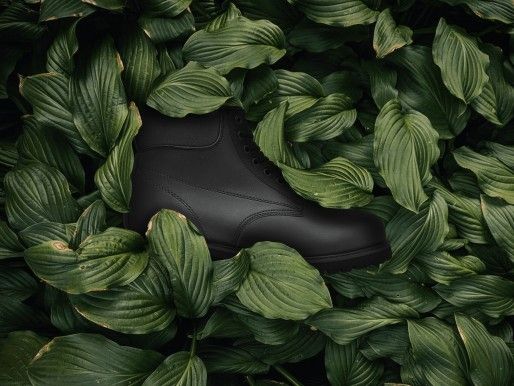In a world where sustainability has become a pressing concern, our choices as consumers hold the power to make a difference. While the best way to support sustainability is by using what we already have in our wardrobes, there are times when purchasing new shoes or clothing becomes necessary.
When such moments arise, supporting small brands that champion ethical practices becomes paramount. NAE Vegan Shoes is one such brand that aligns fashion with sustainability, offering a range of eco-conscious footwear options. In this article, we will explore the elements that make shoes sustainable, delving into NAE Vegan Shoes' commitment to a better world and the remarkable materials they use. Join us as we embark on a journey where fashion meets compassion and discover the sustainable materials that define NAE Vegan Shoes' footwear.
Animal Lives
At NAE Vegan Shoes, we hold a deep commitment to protecting animals and the environment through every aspect of our brand. Our mission goes beyond creating stylish footwear; it encompasses a strong belief in ethical practices and the use of vegan materials that uphold the lives of animals.
For us, veganism is not just a personal choice; it is a profound statement that signifies the importance of animal welfare and environmental preservation. We firmly embrace this philosophy and strive to make a positive impact through our innovative and cruelty-free approach to footwear.
By exclusively using vegan materials, we ensure that no animal suffers for the sake of fashion. We proudly avoid the use of animal hides, fur, wool, and any other animal-derived products, instead opting for eco-friendly alternatives that replicate the luxurious feel and durability of traditional materials.
Production Practices
Sustainable shoes are rooted in fair production practices that prioritize fair labor conditions and worker well-being. NAE Vegan Shoes exemplifies this commitment by collaborating with skilled factories who share their vision. By choosing brands like NAE Vegan Shoes, we actively contribute to the support of a supply chain that values transparency, fairness, and respect.
(Our partner La Sallete & Carvalho Lda, Factory in Oliveira de Azemeis)
Eco-conscious Materials
NAE Vegan Shoes carefully selects materials that not only minimize environmental impact but also offer durability and style. Let's explore some of the remarkable eco-conscious materials used by NAE Vegan Shoes:
Piñatex: Derived from pineapple leaf fibers, Piñatex offers a cruelty-free alternative to leather. This innovative material not only reduces waste but also provides a luxurious texture and exceptional durability.
Take a look at our Piñatex collection here
Cork: Harvested from the bark of cork oak trees, cork is a renewable resource that can be harvested without harming the tree. It is lightweight, water-resistant, and adds a unique natural touch to footwear.
Take a look at our cork collection here
Organic Cotton: NAE Vegan Shoes uses organic cotton, which is grown without the use of harmful pesticides or genetically modified organisms. This ensures a reduced environmental footprint and promotes healthier ecosystems.
Take a look at our Organic cotton collection here
Recycled PET: By transforming plastic bottles into high-quality yarn, NAE Vegan Shoes contributes to waste reduction. Recycled PET offers excellent durability while showcasing the brand's commitment to a circular economy.
Take a look at our recycled Pet collection here
Microfiber: Microfiber is a synthetic material that replicates the texture of leather. It provides a cruelty-free alternative while offering durability and breathability. NAE Vegan Shoes employs microfiber in their designs to meet the demands of conscious consumers.
Take a look at our Microfiber collection here
Apple skin: AppleSkin is a vegan highly sustainable material produced from the waste of the apple juice industry. Ethically made in Italy, this lower emission material is practical beyond belief, endlessly versatile, and gorgeous to look at. A zero impact material, the bio-based leather alternative saves 5.28KG of CO2 for every KG of apple residue used instead of raw chemical materials.
Take a look at our Apple Leather collection here
Corn Material: On Steam Bioeco is the first ecological microfiber obtained partially from corn and recycled polyester. Guaranteeing breathability, absorption, and total drying on the interior of the shoe.
This biofiber leverages polymer created through a fermentation process that starts with starch from the corn plant, replacing petrochemicals with agricultural raw materials, and reducing 63% of greenhouse gas (CO2) emissions and 40% of energy consumption compared to nylon 6,6 polymer.
Take a look at our Bio Eco corn collection here
Durability and Timelessness
Sustainability goes hand in hand with durability. When we invest in shoes that are built to last, we reduce the need for frequent replacements and contribute to a culture of mindful consumption. NAE Vegan Shoes places a strong emphasis on crafting footwear that withstands the test of time, ensuring that each pair becomes a long-lasting companion on our journey.
Conclusion
As conscious consumers, we have the power to make sustainable choices, even when it comes to fashion. While using what we already have in our wardrobes remains the most sustainable approach, supporting small brands like NAE Vegan Shoes allows us to align our values with our purchases. By understanding the elements that make shoes sustainable and the remarkable materials used by NAE Vegan Shoes, we can create a positive impact on the planet. Let us embrace the power of informed decision-making and fashion choices that transcend trends, paving the way for a sustainable future.







